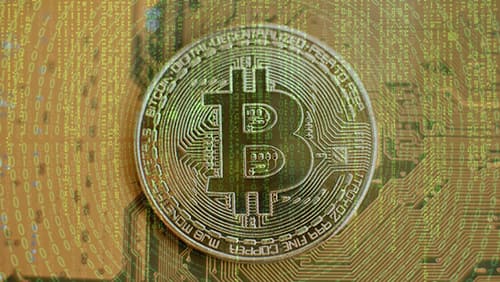Monero (XMR) was built on a platform boasting of complete, unequivocal privacy. Transactions could be seen, but it was impossible for addresses to be traced to their destinations and originators. That was going to be the cryptocurrency’s claim to fame, but it appears that the XMR blockchain, and its transactions, are nowhere near as private and anonymous as its founders expected. CipherTrace, the leading crypto intelligence firm, has apparently figured out how to identify transactions and the data has already been shared with the US Department of Homeland Security (DHS).
The DHS was behind the push for the ability to identify activity surrounding XMR transactions and had asked CipherTrace to figure out how to make it happen. In exchange for a considerable amount of money – reported to be around $2.4 million – the intel and analysis company set out cracking the system and has now developed a set of tools that can search, explore and visualize XMR transactions, according to a tweet by the firm.
It is said to have taken about a year for CipherTrace to develop the tools for the Science & Technology Directorate of the DHS. While the government body may have been behind the request for the identification kit, it’s doubtful it will stay only in the hands of DHS officials, and will almost certainly be used by other government entities in the US, as well as in other countries. CipherTrace adds that it can also be fundamental for exchanges, investment funds and trading desks as a means to ensure transactions are legitimate and can adhere to existing financial regulations across the globe. To be added in the tool’s further development will be things like “entity transactions clustering, wallet identification, [and] exchange attribution.”
XMR has had a rough go of things over the years, as many exchanges have chosen to delist the currency precisely because of its privacy claims. However, CipherTrace believes that the creation of the tools could actually lead to more legitimacy for the crypto, with CipherTrace CEO Dave Jevans stating, “Analytics is crucial to the survival of privacy coins because, if they cannot evaluate risks, some governments could make transacting with privacy coins extremely difficult or ban them outright, like Japan. Several Korean Exchanges delisted privacy coins and, just last week, several Australian exchanges banned Monero and Zcash. As privacy advocates ourselves, our hope is that by developing capabilities for tracing Monero, we can help to ensure Monero’s viability.”
